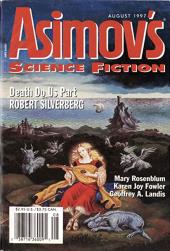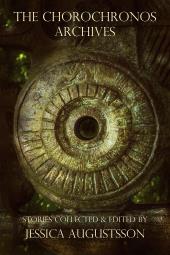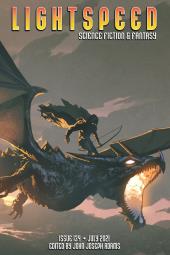Feature Film
Time Flies
- by J. O. C. Orton, Ted Kavanagh, and Howard Irving Young, directed by Walter Forde
- (at movie theaters, UK, 8 May 1944)
After Susie Barton’s husband invested their nest egg in Time Ferry Services, Ltd., it appears that the only way she’ll ever get anything out of it is by giving a performance in Elizabethan times.
This is the earliest appearance of a time machine—the “Time Ball”—in film that we know of. And based on the name Time Ferry Services, Ltd, it may also be the earliest film mention of a time travel agency. —Michael Main
This is the earliest appearance of a time machine—the “Time Ball”—in film that we know of. And based on the name Time Ferry Services, Ltd, it may also be the earliest film mention of a time travel agency. —Michael Main
Normally, we drift with the current and travel downstream and into what we call the future. Now, if we equip our little boat with a motor, we can speed our passage downstream into the future or, breasting the current, travel upstream to view again those selfsame scenes that were passed by humanity ages ago.


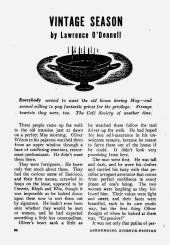

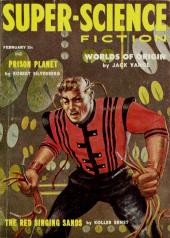
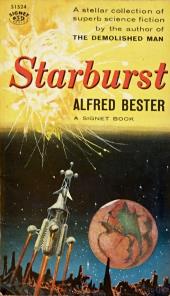
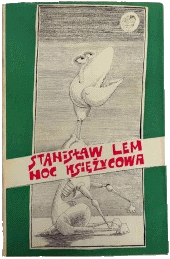
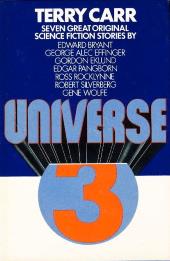

![Ray Bradbury Theater [s03e06]: A Sound of Thunder A gaping T rex shows its sharp teeth and red gums.](https://img.ittdb.com/000000/21/12S-21-000000.jpg)
